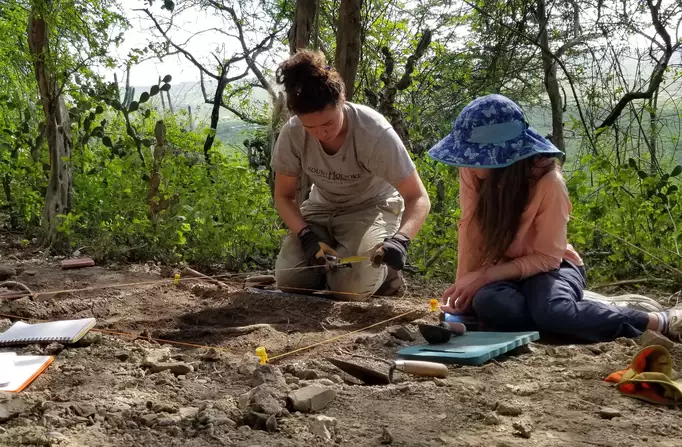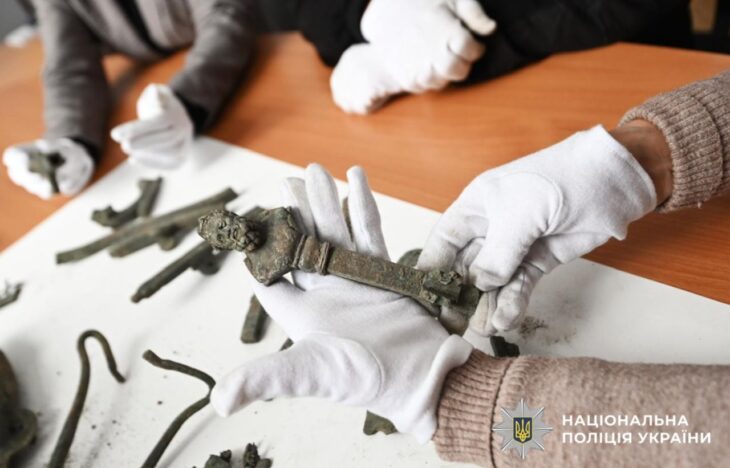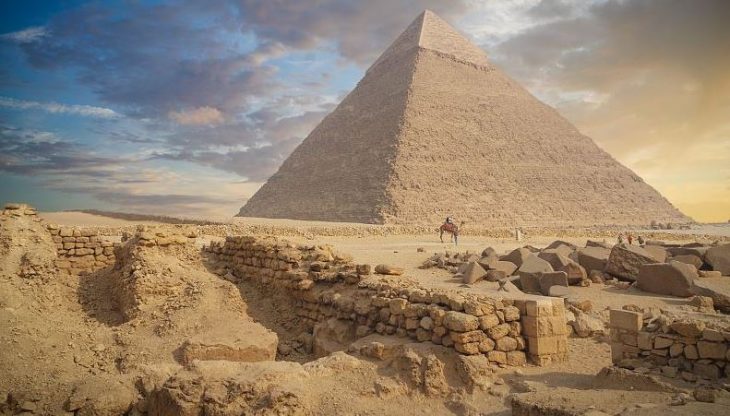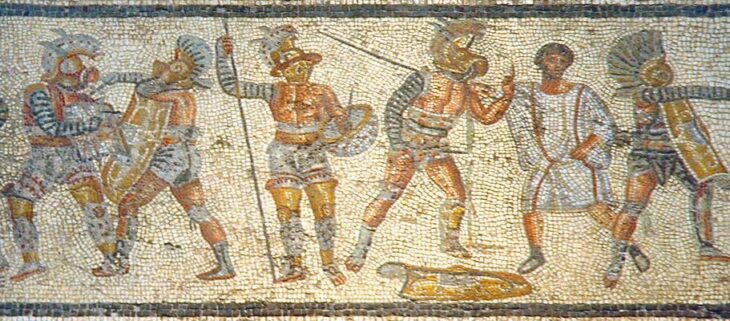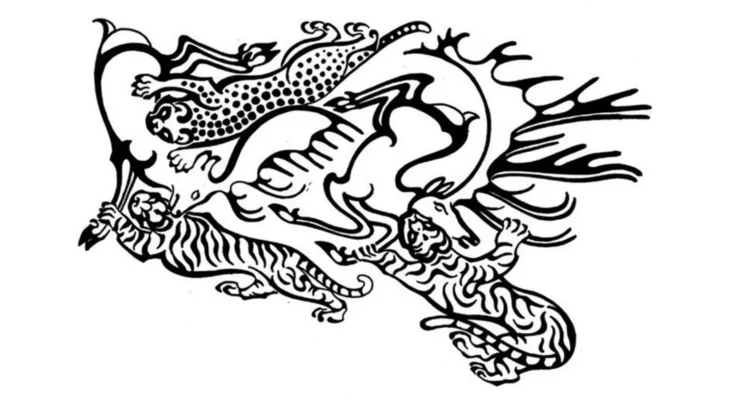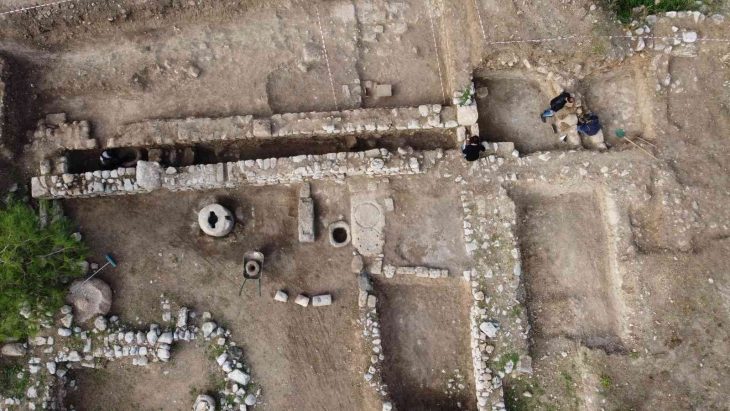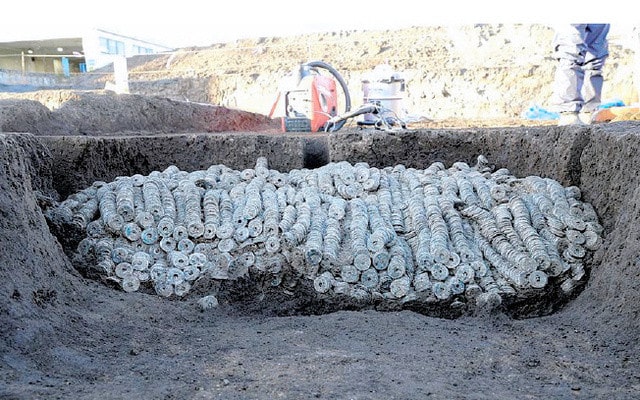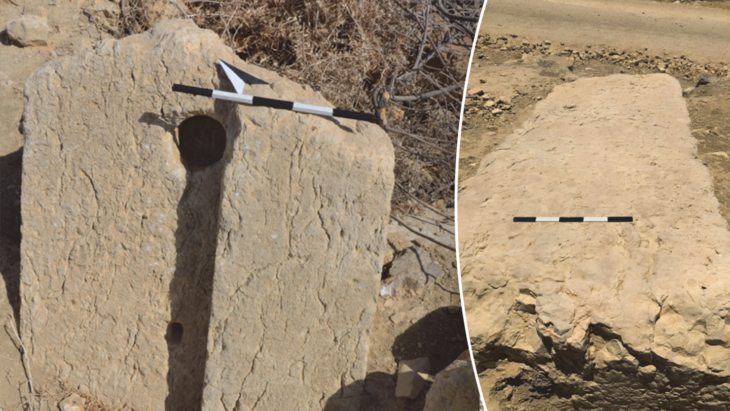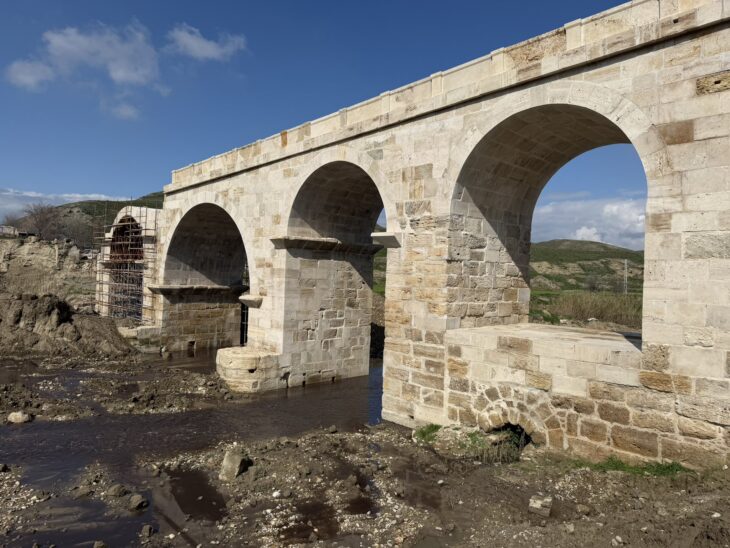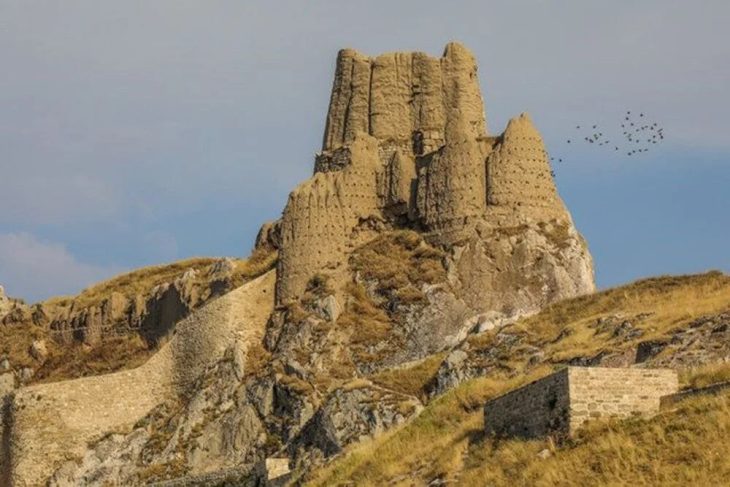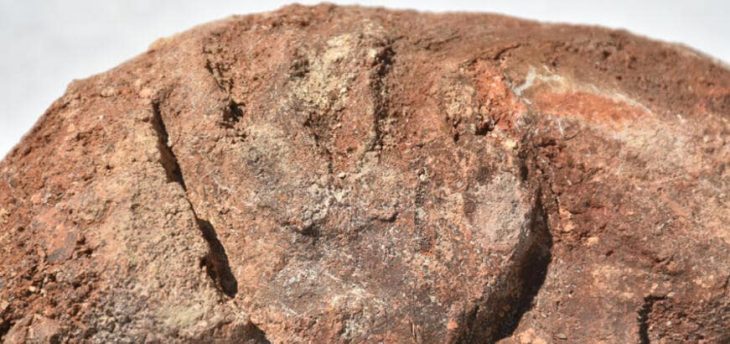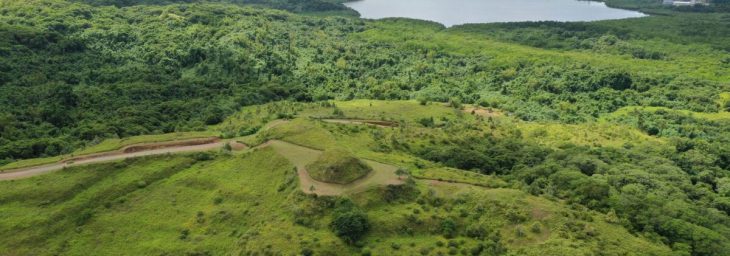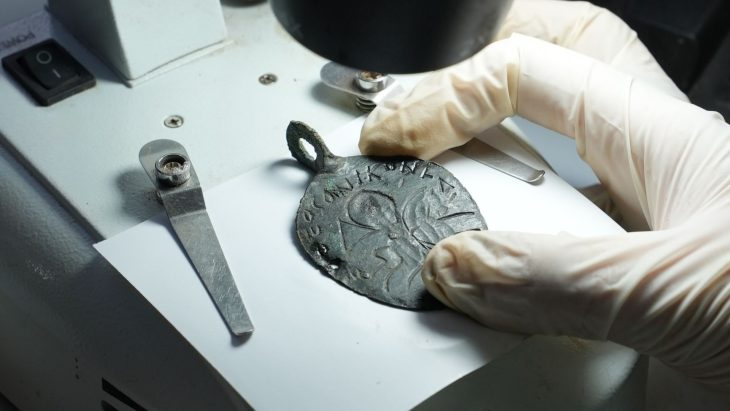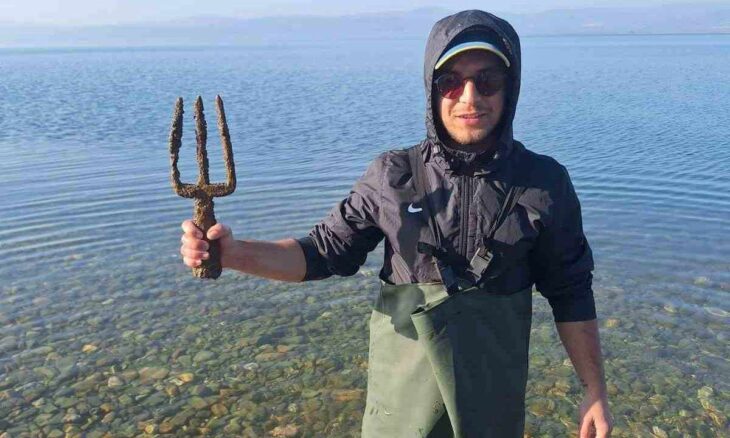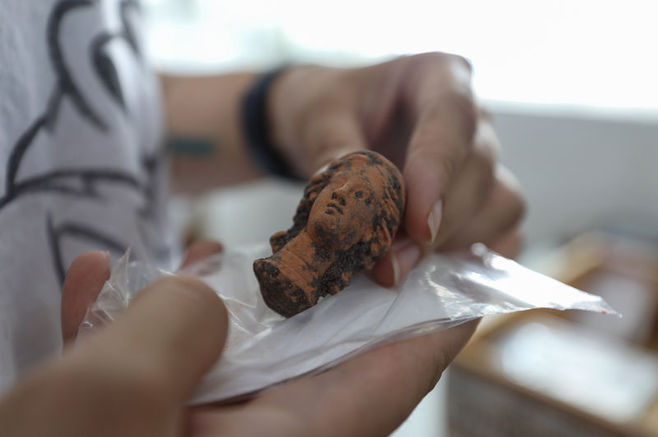New research co-led by Simon Fraser University and the National Archaeological Anthropological Memory Management (NAAM Foundation) in Curaçao extends the earliest known human settlement of Curaçao by centuries, adding pieces to the puzzle of pre-Colombian Caribbean history.
A team of international partners has been collaborating on the Curaçao Cultural Landscape Project since 2018 to understand the long-term biodiversity change of the island and its relationship to human activity.
Findings from the team, published in the Journal of Coastal and Island Archaeology, place human occupation of Curaçao, an island in the southern Caribbean, as far back as 5735 – 5600 cal BP — up to 850 years earlier than previously thought.
This updated timeline was determined by radiocarbon dating charcoal collected from an Archaic period site at Saliña Sint Marie — what is now the earliest known archaeological site on the island — using accelerated mass spectrometry.
Christina Giovas, an associate professor in SFU’s Department of Archaeology and co-lead on the study, explains that the settlement of the Caribbean and the origin of its peoples is still highly debated. “What this new information does is push the initial exploration in this region back to a time where other islands to the north of Curaçao are also being settled. This suggests that the movement of people from the continental mainland into those more northern islands might have entangled with some of the movement of the people into Curaçao,” says Giovas.
📣 Our WhatsApp channel is now LIVE! Stay up-to-date with the latest news and updates, just click here to follow us on WhatsApp and never miss a thing!!
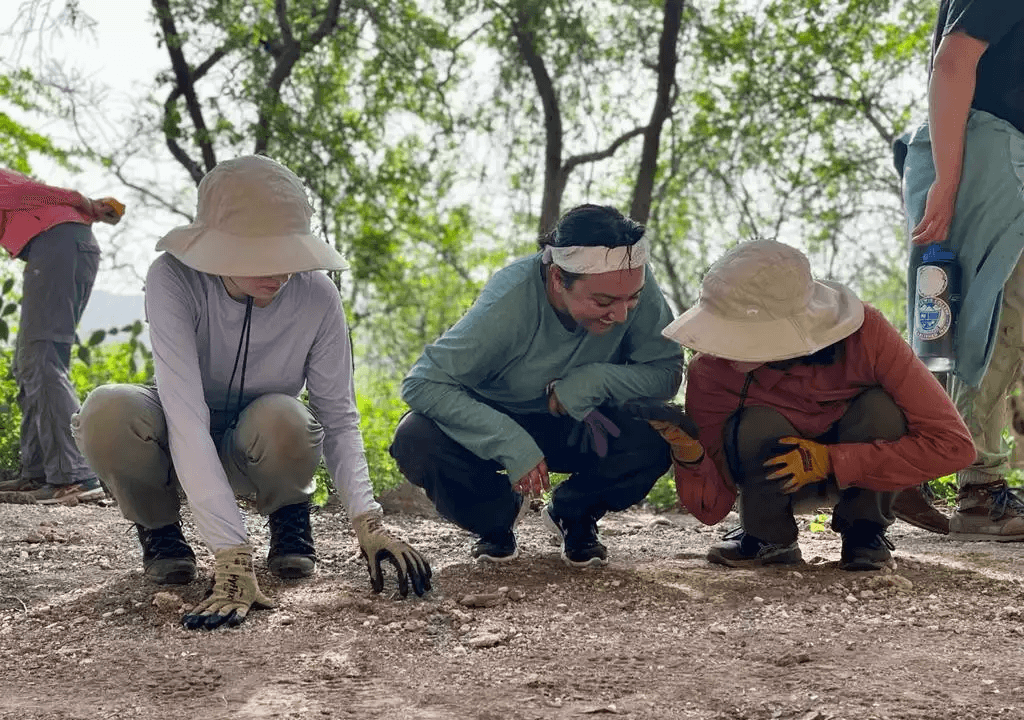
While more work is needed to determine if this is the case, Giovas notes that this indicates that the exploration of the islands off the western Venezuelan coast began earlier than previously known and provides a baseline for studying human-environment interactions in the area.
According to NAAM Deputy Director, Claudia Kraan, who also led the study, the finding demonstrates to the local public that further research can unveil new insights into the people who once inhabited the island. She notes, “archaeological information is dynamic, continually evolving with ongoing exploration and analysis.”
The team travelled to Curaçao in the summer of 2022 for their first field season, bringing with them a cohort of SFU archaeology undergraduate students as part of a five-week international field school. Students helped survey, map and excavate project sites throughout the island, then presented their findings to the local community. Throughout these activities they worked closely with local volunteers and the project’s Curaçaoan partner, the NAAM Foundation, an NGO that manages the island’s archaeological heritage through collaboration with government and stakeholders.
The project also works to increase local capacity for archaeology on the island, create opportunities for knowledge mobilization and bring awareness to the depth of history of the area.
Cover Photo: Christina Giovas

